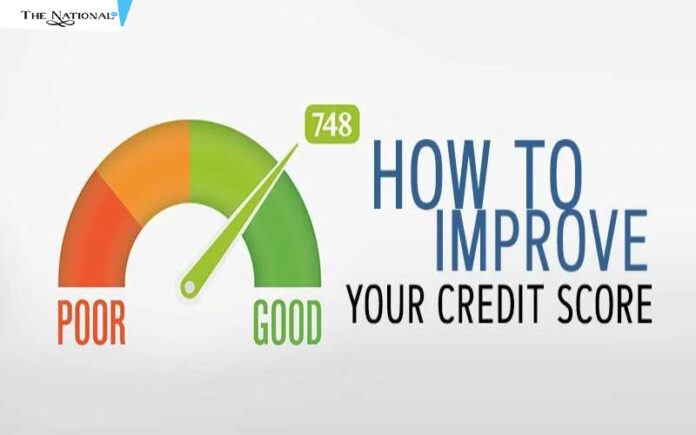Boosting Your Credit Score: A Step-by-Step Guide
Introduction
A strong credit score is essential for obtaining loans, securing favorable interest rates, and achieving financial stability. If you’re looking to improve your credit score, there are several effective strategies you can implement. This guide will provide you with actionable steps to help you enhance your creditworthiness.
Understanding Your Credit Score
Before diving into improvement techniques, it’s crucial to understand what a credit score is. A credit score is a numerical representation of your credit history, indicating your ability to manage debt responsibly. It’s calculated based on various factors, including payment history, credit utilization, length of credit history, types of credit, and new credit.
1. thestylishlender.com
2.ilikeninja
Key Factors Affecting Your Credit Score
- Payment History: This is the most significant factor. Make on-time payments for all your credit obligations, including credit cards, loans, and utility bills.
- Credit Utilization: This refers to the amount of credit you’re using compared to your available credit limit. Keep your credit utilization ratio low, ideally below 30%.
- Length of Credit History: A longer credit history demonstrates responsible financial behavior. The average age of your credit accounts contributes to your credit score.
- Types of Credit: Having a mix of credit types (e.g., credit cards, loans) can positively impact your credit score.
- New Credit: Frequent applications for new credit can temporarily lower your credit score. Limit new credit inquiries to only when necessary.
Strategies to Improve Your Credit Score
- Check Your Credit Report: Obtain a free copy of your credit report from all three major credit bureaus (Experian, Equifax, and TransUnion). Review it carefully for errors and dispute any inaccuracies.
- Pay Bills on Time: Consistent on-time payments are crucial. Set up automatic payments or reminders to ensure timely payments.
- Reduce Credit Utilization: Lower your credit utilization ratio by paying down balances on your credit cards.
- Limit New Credit: Avoid applying for new credit unless absolutely necessary. Too many inquiries can negatively impact your credit score.
- Consider a Credit Builder Loan: If you have a limited credit history, a credit builder loan can help establish a positive credit record.
- Dispute Errors: If you find any errors on your credit report, dispute them promptly with the credit bureau.
- Avoid Closing Old Accounts: Keeping older accounts open, even if you don’t use them, can positively impact your credit score.
- Be Patient: Improving your credit score takes time. Be consistent with your efforts and don’t get discouraged by temporary setbacks.
Additional Tips
- Monitor Your Credit: Regularly check your credit report for any suspicious activity or errors.
- Consider Credit Counseling: If you’re struggling with debt or have financial difficulties, consider seeking credit counseling for guidance.
- Set Realistic Goals: Establish achievable goals for improving your credit score. Celebrate your progress along the way.
Conclusion
Improving your credit score requires patience and dedication. By following these strategies and consistently practicing responsible financial habits, you can significantly enhance your creditworthiness and unlock opportunities for loans, better interest rates, and overall financial well-being.
Introducing Sources :
WHERE ALL INFORMATION MEETS.
For Luxury Items Related Info You Can Refer To :

